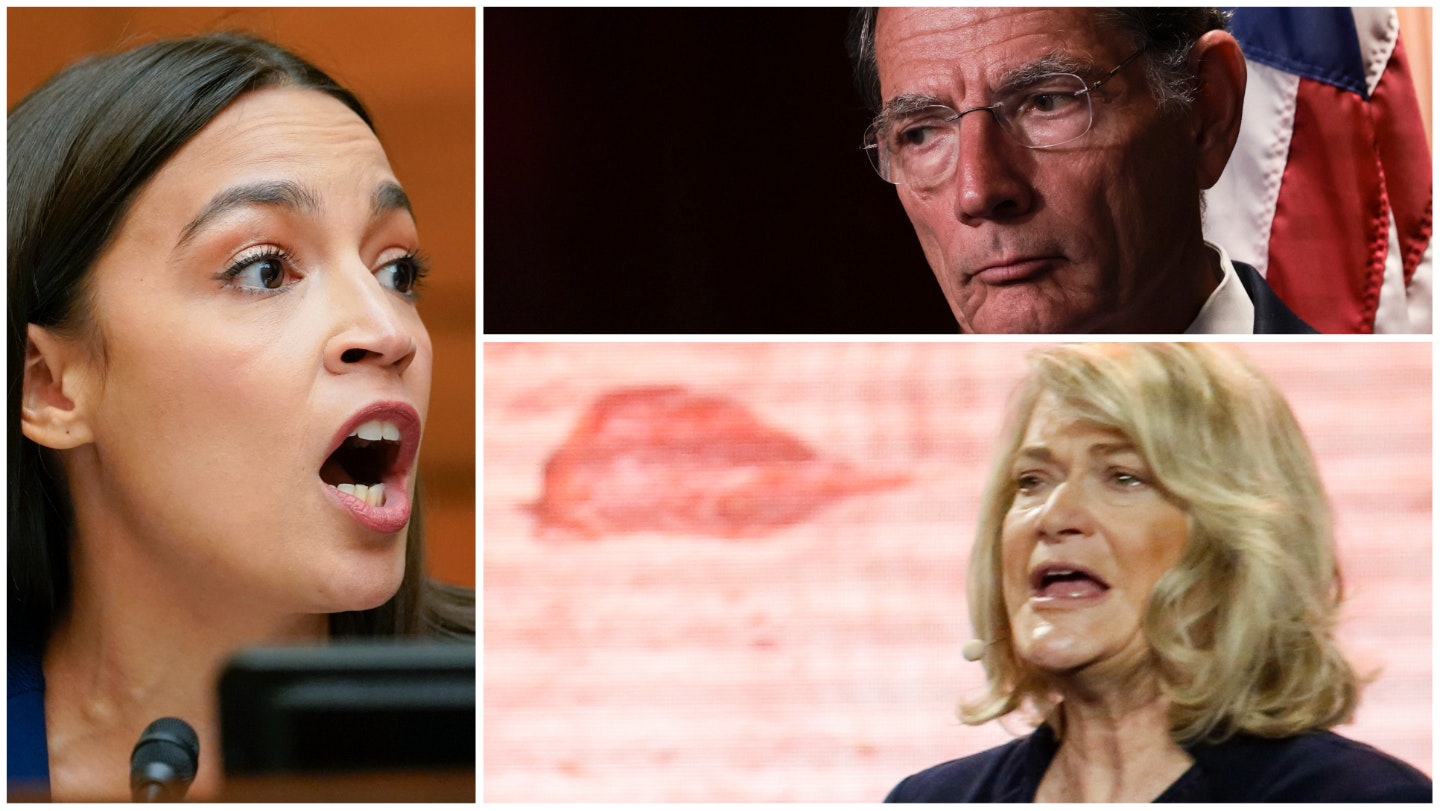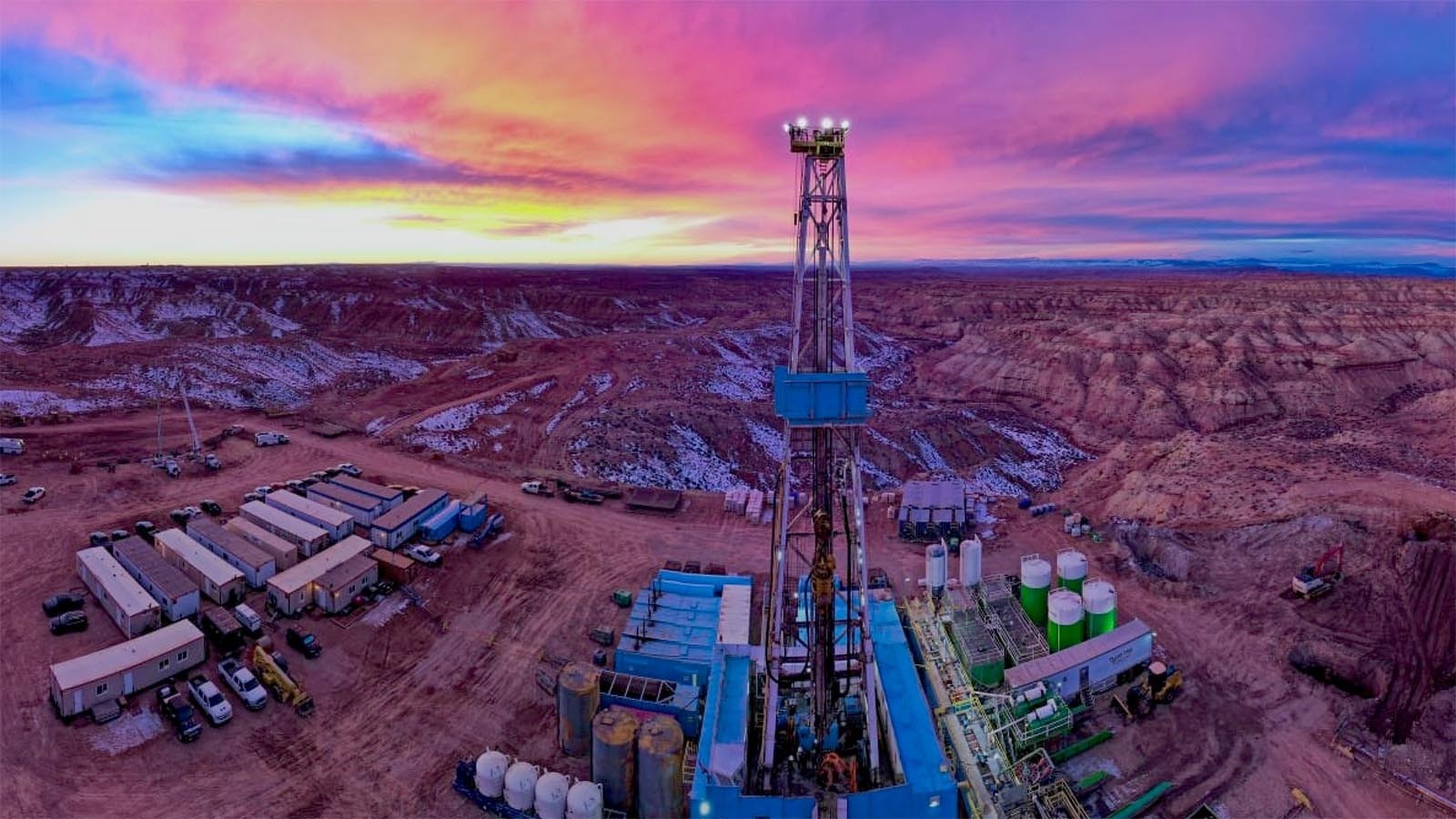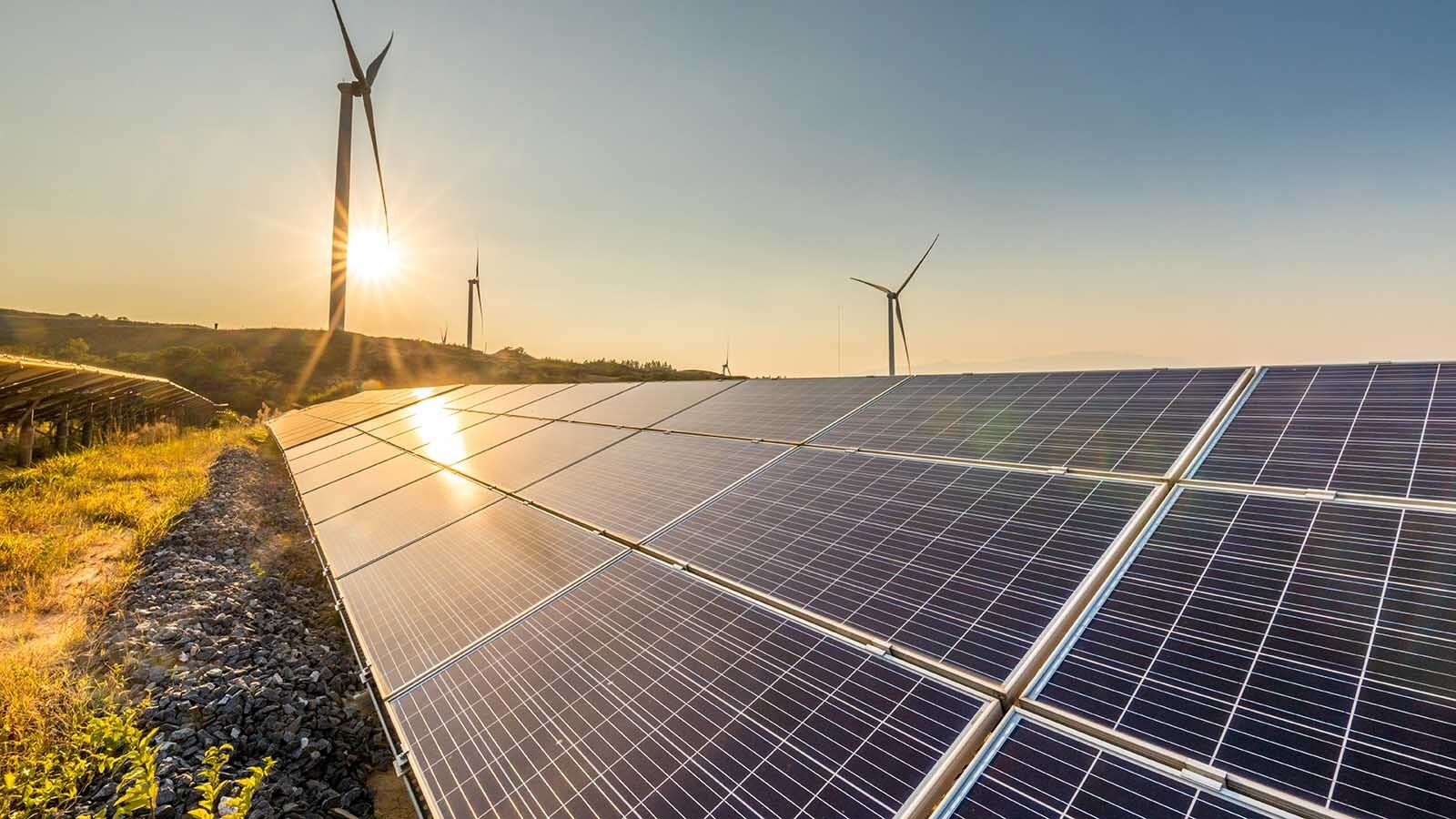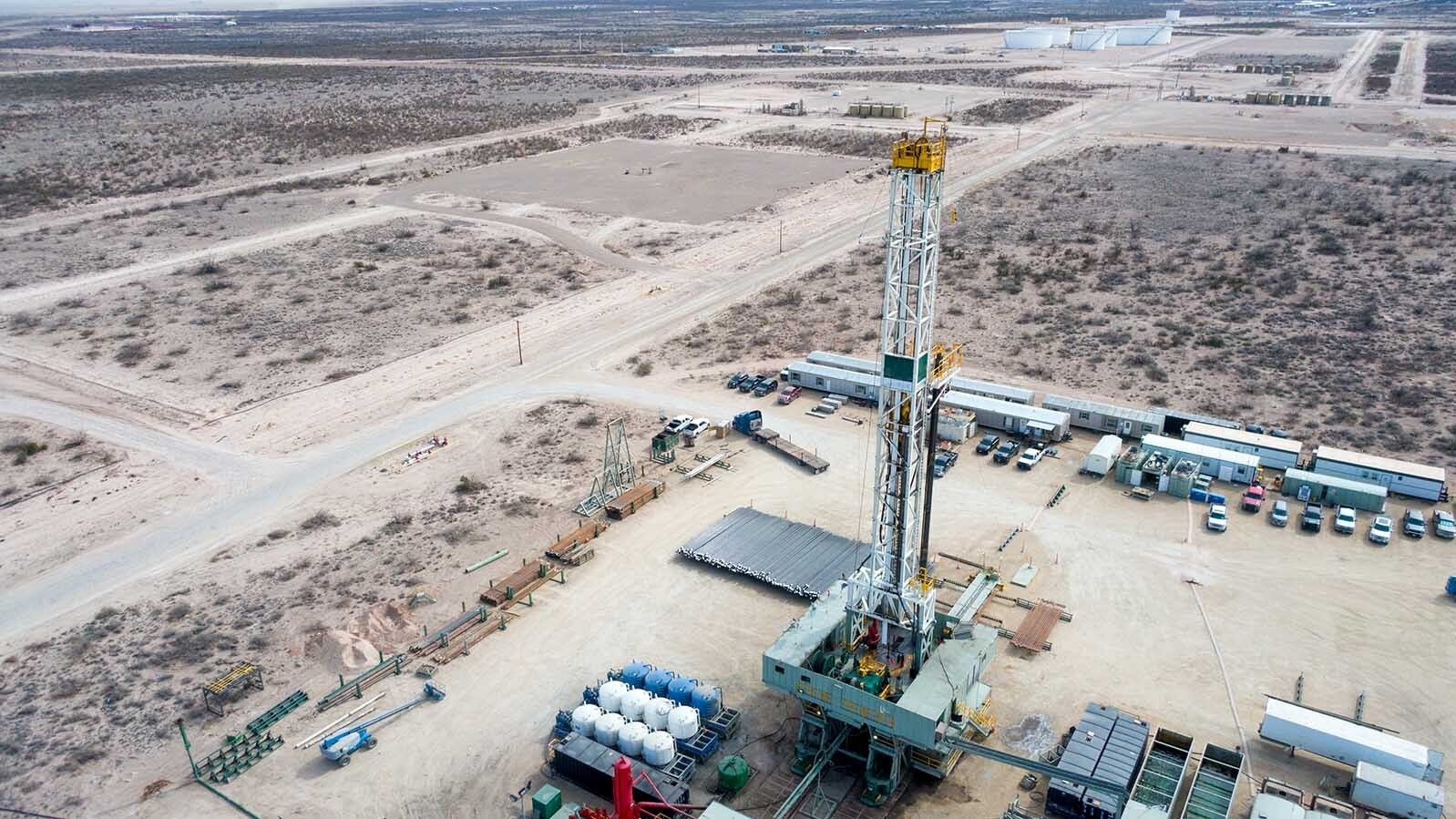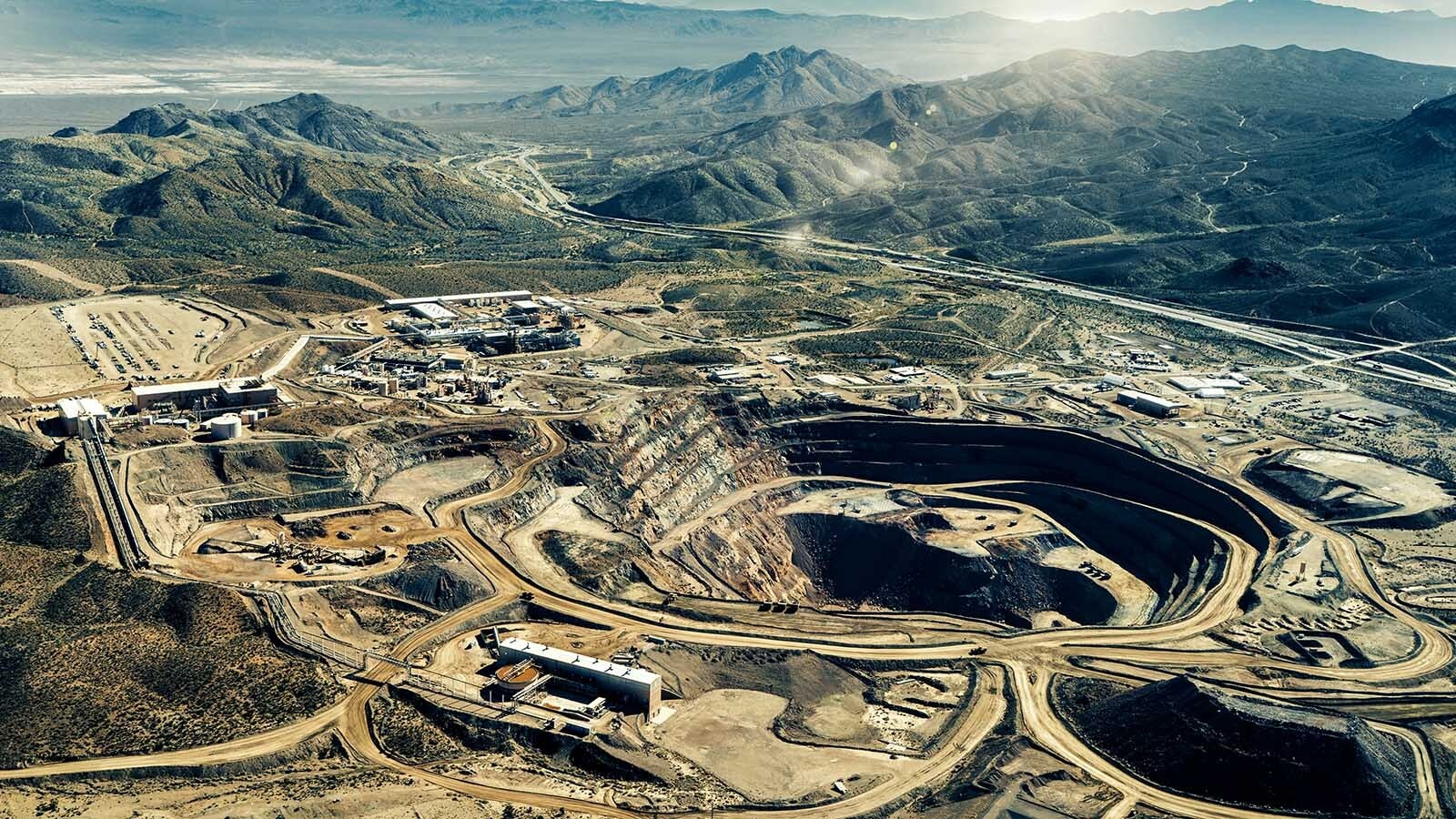Members of the U.S. House Committee on Oversight and Reform held a hearing Thursday asking oil companies to explain why, as energy costs are soaring, they are making record-high profits.
The day before the hearing, Committee Chair Rep. Carolyn B. Maloney, D-N.Y., the Chairwoman of the Committee on Oversight and Reform, and Rep. Ro Khanna, D-Calif., released their initial findings into what Maloney and Khanna claim has been a campaign by the fossil fuel industry to mislead the American people about their role in climate change.
While several oil company executives were asked to testify at the hearing, none did.
Maloney set the tone of the hearing in her opening remarks, sitting in front of a poster showing second quarter 2022 profits from Exxon, Chevron, and BP. All of them saw profits rise over 200% from the second quarter of 2021.
“These companies use this windfall profits to enrich investors and boost salaries of top executives. Their clean energy investments however, were a drop in the bucket,” Maloney said.
“Instead of looking for solutions, it seems that Democrats in Congress would prefer to continue demonizing our main source of reliable energy,” said U.S. Sen. Cynthia Lummis.
Sen. John Barrasso called this and similar hearings in the past “show trials” that are intended to “divert attention away from the sky-high energy prices and record inflation their policies have helped cause.”
After a similar hearing last summer, Barrasso said, “The surest way to bring down prices at the pump is to allow American companies to produce more oil here at home. That means offshore, on federal land, and in Alaska. It will help boost the economy, fight inflation, and make paychecks go further. From day one, the Biden administration has been blocking access to American energy resources.”
Committee member Rep. Alexandria Ocasio-Cortez, D-N.Y., talked about oil companies’ lobbying and advertising efforts.
“For example, between October 1 and October 22 of 2021 100% of Politico’s morning energy newsletters were sponsored and funded by the fossil fuel industry,” Ocasio-Cortez said.
The same increase in newsletter sponsorship, Ocasio-Cortez said, started three weeks before the $1.7 trillion Build Back Better Act passed in November.
Climate Impacts
The hearing included a number of witnesses who testified that they have been impacted by extreme weather events, which they said were caused by or made worse by climate change.
Among those testifying on the impacts of extreme weather events was Jasmin Sanchez, a lifelong resident of a New York City public housing development in Manhattan. Sanchez testified about how Hurricane Sandy in 2012 caused flooding and power outages.
“I waded through the freezing water to find that I was unable to open the lobby door because of the force of water. When I was finally able to get into the building, the water was above my knees. Climate justice is a racial justice issue,” Sanchez said.
She said the hurricane showed the inequalities of the city, because people without a car or the resources to relocate were stuck in the middle of the storm, with few resources to stay safe.
In its latest report, the International Panel on Climate Change concluded that there is no consensus on the relative role of CO2 emissions on Atlantic hurricane activity.
“[T]here is still no consensus on the relative magnitude of human and natural influences on past changes in Atlantic hurricane activity, and particularly on which factor has dominated the observed increase (Ting et al., 2015) and it remains uncertain whether past changes in Atlantic TC [tropical cyclone] activity are outside the range of natural variability,” the IPCC said in its sixth assessment report released last year.
Michael Shellenberger, author of Apocalypse Never, testified as a minority witness. Shellenberger blamed energy policies in the developed world for having caused “the worst energy crisis in 50 years.”
“There is no scientific scenario for mass death from climate change. A far more immediate and dangerous threat is insufficient energy supplies due to U.S. government policies and actions aimed at reducing oil and gas production,” Shellenberger said.
According to the International Disaster Database, a non-partisan source on deaths from natural disasters, deaths from climate-related natural disasters have declined 98% since 1920.
Other individuals provided testimony on the impacts of climate change on agriculture, forest fires and floods.
Industry Defenders
Rep. Garret Graves, R-LA., testified to projections of the increases in demand for energy in the future. Citing projections from the Biden Administration, Graves said global energy demand will increase 50% in the next 28 year.
“Rather than preparing for that scenario … we see the complete opposite,” Graves said.
Graves said the Biden Administration has issued the fewest lease sales on public lands of any previous administration.
“Energy policies of this administration have caused this distortion between supply and demand. You have a surge in demand, with cutting off supply. So folks are sitting here saying, this is awful that these companies are having these profits. You’ve created it by cutting off supply to meet demand, it’s your fault,” Graves said.
Ryan McConnaughey, director of communications for the Wyoming Petroleum Association, criticized the Democrats’ tactics in the hearing. He said that solutions to problems like climate change are not going to be successful without the oil and gas industry at the table, working collaboratively to find an effective way forward.
“Trying to demonize the industry may be good for funding their campaigns, but it doesn’t find any meaningful solutions,” McConnaughey said.

